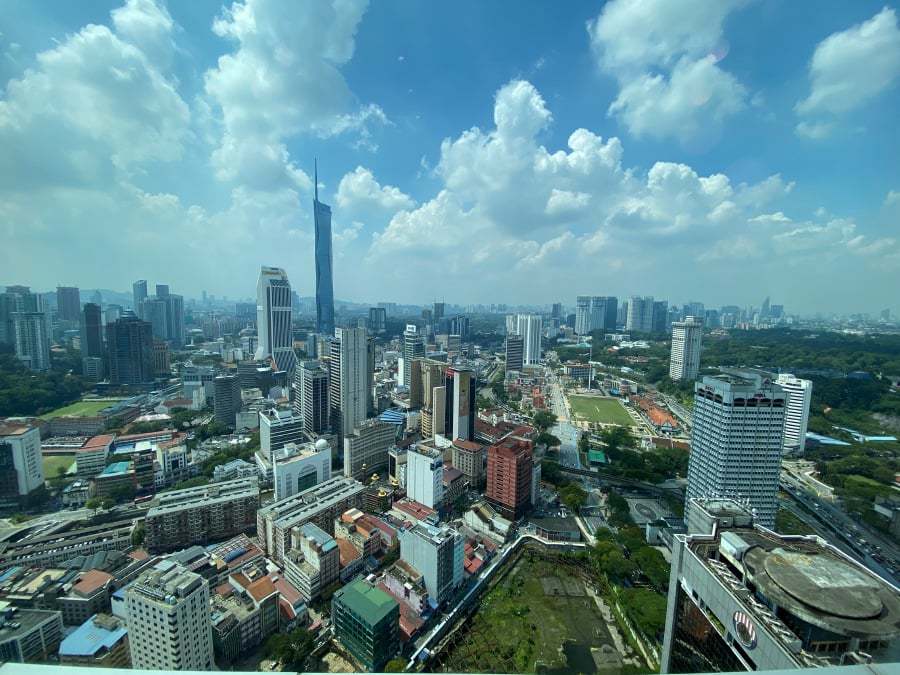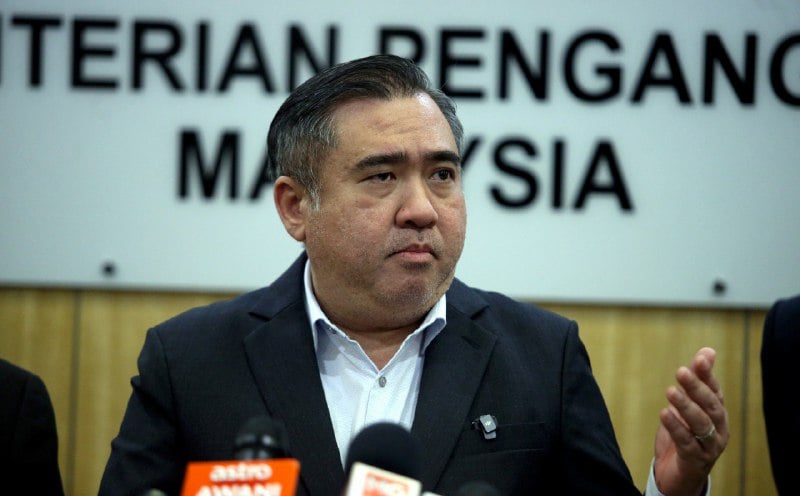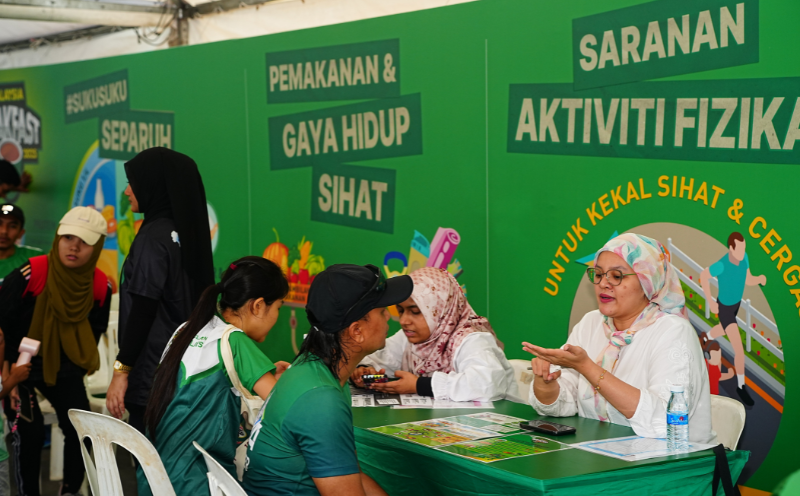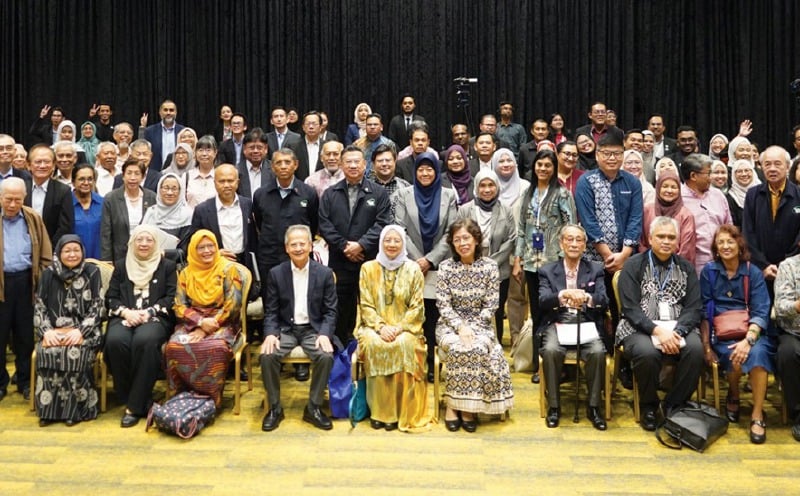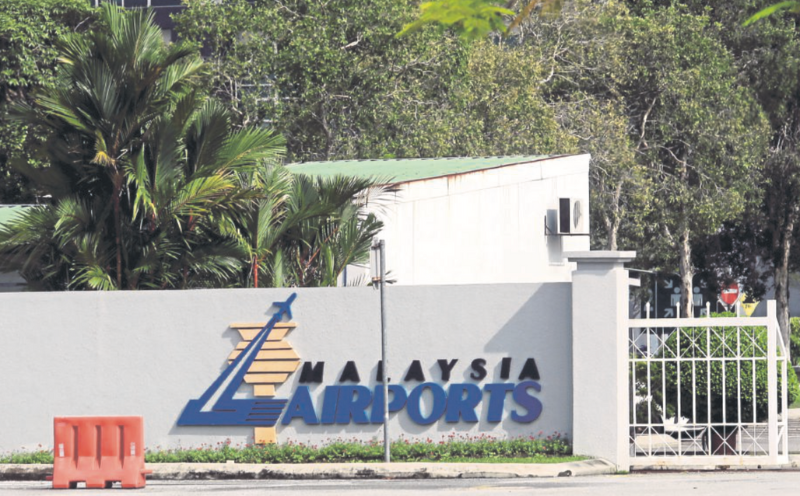KUALA LUMPUR: The selection of 7,964 Bangladeshi workers, out of 18,000 who were left in limbo after missing the entry deadline on May 31 last year, offers a partial solution to the labour shortages faced by employers.
Malaysian Employers Federation president Datuk Dr Syed Hussain Syed Husman said that the current shortages across various sectors raise critical concerns about workforce planning, business continuity, and the broader efficiency of managing foreign labour processes.
He added that labour shortages remain a pressing issue, particularly as many sectors struggle to resume full operational capacity.
"Many sectors of the economy depend on foreign labour, and delays in the entry of foreign workers exacerbate existing challenges.
"Employers that hope to bring in foreign labour from Bangladesh from the remaining workers who were not selected face uncertainty and disruptions to their operations.
"Critical industries such as construction, manufacturing, plantation, and agriculture that rely heavily on foreign workers still face uncertainty due to a lack of clarity on when the rest of the workers will be approved to be brought into Malaysia," he said when contacted.
Yesterday, Bangladesh's Ministry of Foreign Affairs confirmed that a total of 7,964 Bangladeshi workers, out of approximately 18,000 whose migration to Malaysia had been left hanging in the balance, had been selected for entry.
Syed Hussain added that the prolonged uncertainty surrounding the recruitment of the remaining foreign workers from Bangladesh highlights inefficiencies in foreign labour recruitment policies.
He said MEF also advocates for closer collaboration between governments and stakeholders to address labour shortages.
"There is a need to simplify recruitment processes and adhere to set timelines and quotas to provide a more stable and reliable foreign worker recruitment system.
"Employers need a consistent and efficient foreign labour recruitment system that can fulfil their operational needs and eliminate disruptions," he said.
The delays, he said, would increase costs and damage employers' reputations, while prospective foreign workers may lose trust and confidence in the companies involved.
He proposed that the government allow refugees to be employed in the formal sector.
Meanwhile, Federation of Malaysian Manufacturers president Tan Sri Soh Thian Lai said the breakdown by sector for the approved Bangladeshi workers is not clear, and they seek further clarification.
He said ensuring a smooth and timely entry process for these workers will be crucial to supporting business continuity and productivity.
"We thank the government for taking heed of its recent call to prioritise the lifting of the foreign worker freeze for those workers who were already approved and ready to travel but were unable to meet the 31 May 2024 deadline due to administrative delays.
"FMM welcomes the announcement that 7,964 Bangladeshi workers have been selected for entry into Malaysia, as this will provide much-needed relief for employers who were unable to bring in their workers earlier," he said.
He added that they look forward to further engagement with the relevant authorities to ensure that workforce demands across key sectors, including the manufacturing sector, are adequately met.
"We would like to emphasise the need for clear guidelines, faster approvals, and simplified processes to ensure timely deployment of foreign workers, which is vital to maintaining production continuity and meeting the demands of domestic and international markets.
"Balancing workforce policies with practical industry needs is essential to achieving Malaysia's economic growth objectives.
"Collaborative efforts between the government, manufacturers, and other stakeholders are crucial in crafting policies that support workforce development while maintaining the sector's operational efficiency," he said.
As of press time, the Home Ministry has yet to issue statement on the matter.


